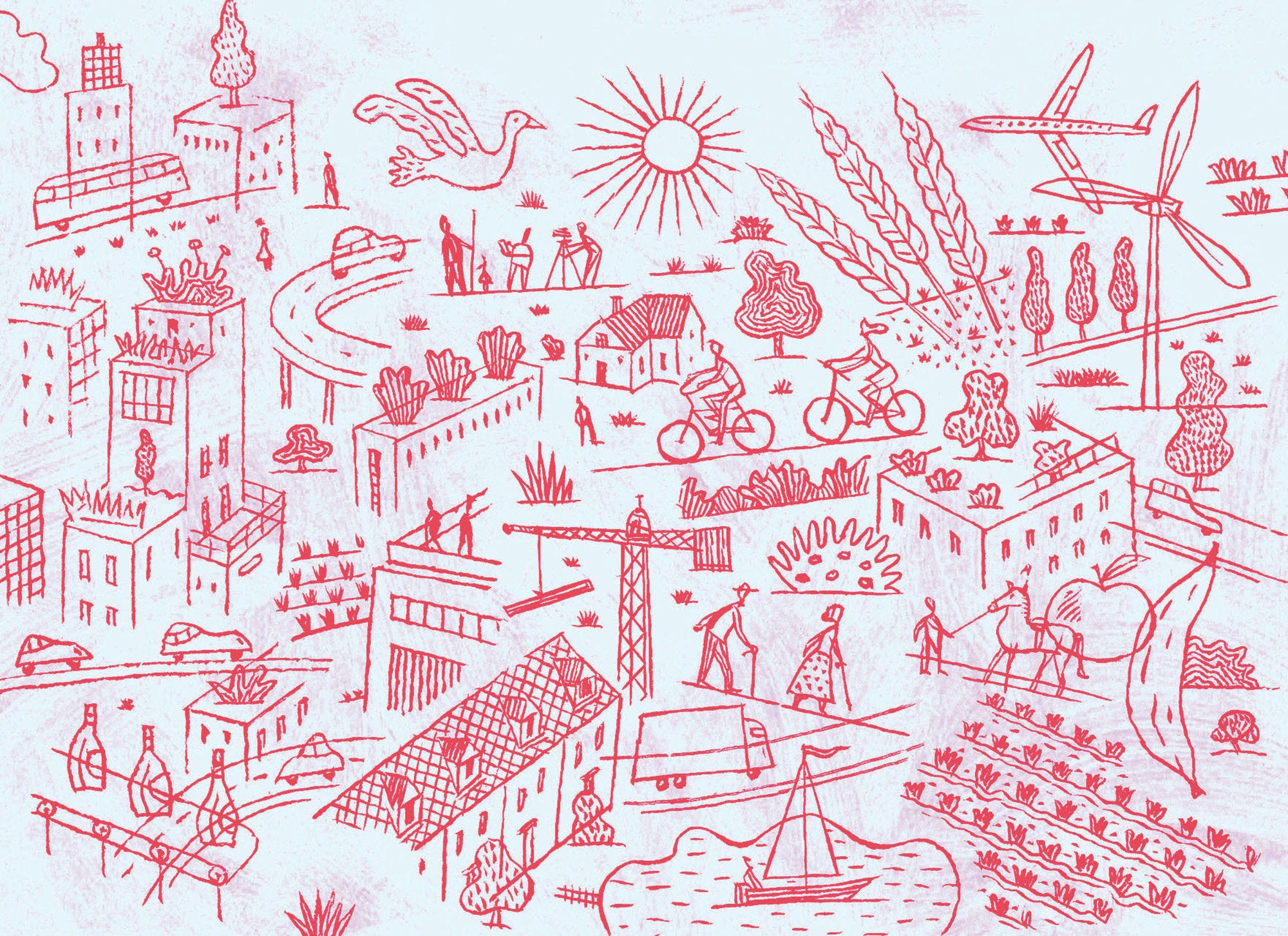Since the 1950s, national spatial planning has played a key role in the socio-economic development of Korea. During this time, the focus of spatial planning has evolved from the modernisation of the industrial structure in the 1950s and 1960s to prioritising and promoting globalisation and sustainable development in the 2000s. Currently, spatial policies aim to pursue sustainable and balanced development, improve quality of life and enhance regional competitiveness. In this context, land-use planning and urban regeneration with a citizens-oriented approach form the core of Korean urban policies. Land-use planning is a critical tool to manage the development of land in an efficient manner, whereas urban regeneration seeks to address inner city decline by improving the economic, physical, social and environmental conditions of degenerated areas.
Korea’s focus on urban regeneration needs to be understood in the context of significant shifts in the economy (i.e. globalisation) and society (i.e. population ageing) that often go well beyond the control of local governments. The result has been a deterioration of the urban fabric and urban centres in poor communities, and weak economic development in some areas, which accelerate the negative spiral of urban decline, urban sprawl, social exclusion and environmental degradation. The challenges in terms of land use and urban regeneration in Korea vary from one place to another and over time. Different cities, towns and villages have different opportunities and thus different strategies for change. Economic restructuring, unemployment, social exclusion, insufficient quality infrastructure, and a lack of adequate affordable housing often define the content of the regeneration process and its operation in Korea. This report aims at exploring opportunities for improving land-use planning and urban regeneration strategies in Korea. The report draws on evidence from Busan, Korea’s second largest city, as it has valuable experience in urban regeneration projects that build on the local context and allow for the extensive participation of citizens in the process.
